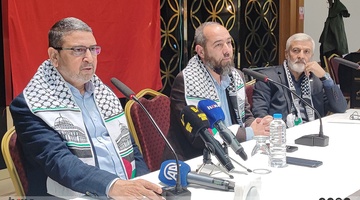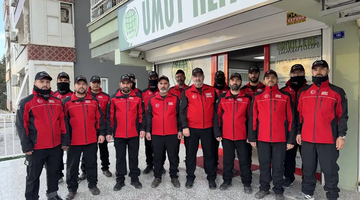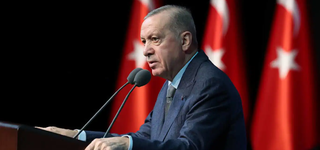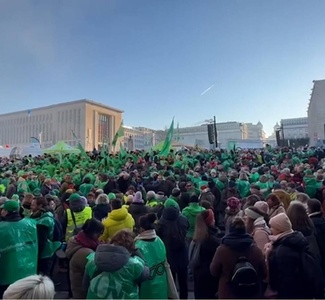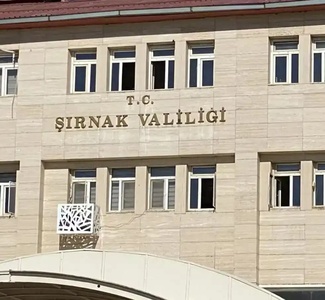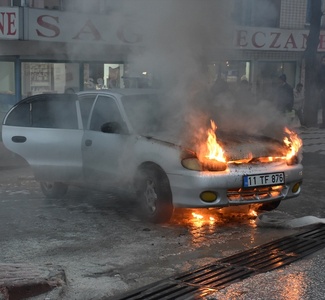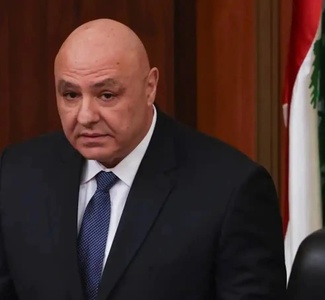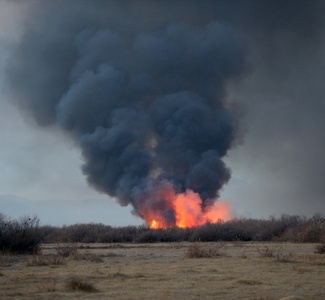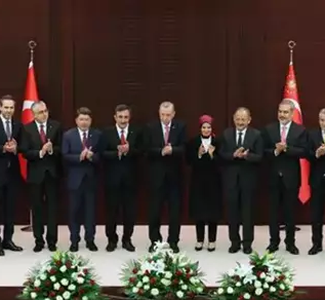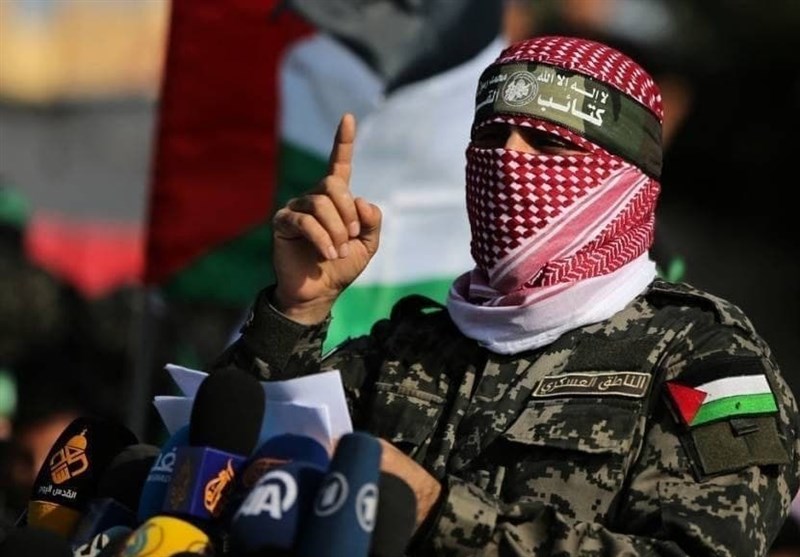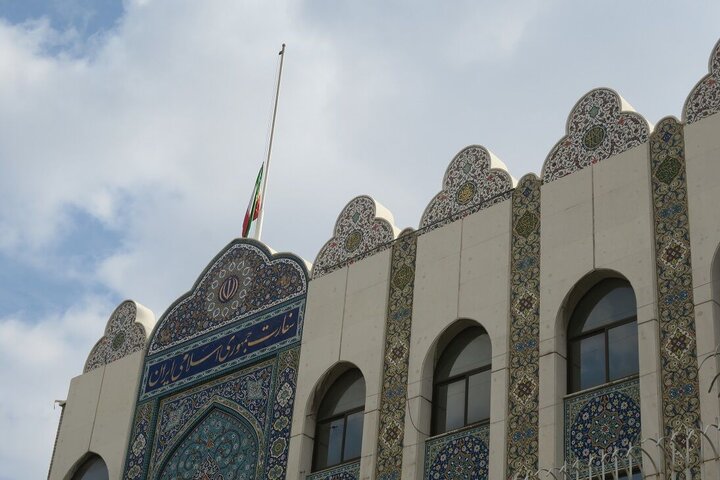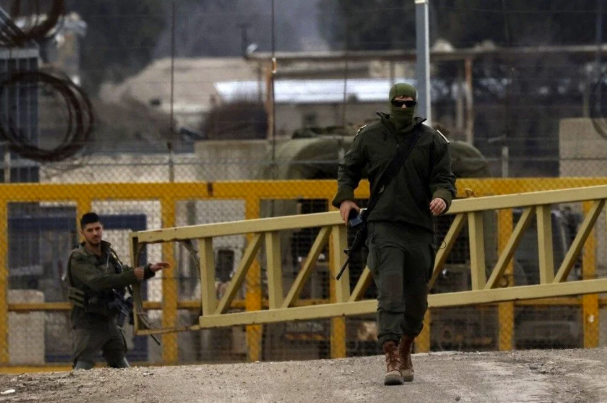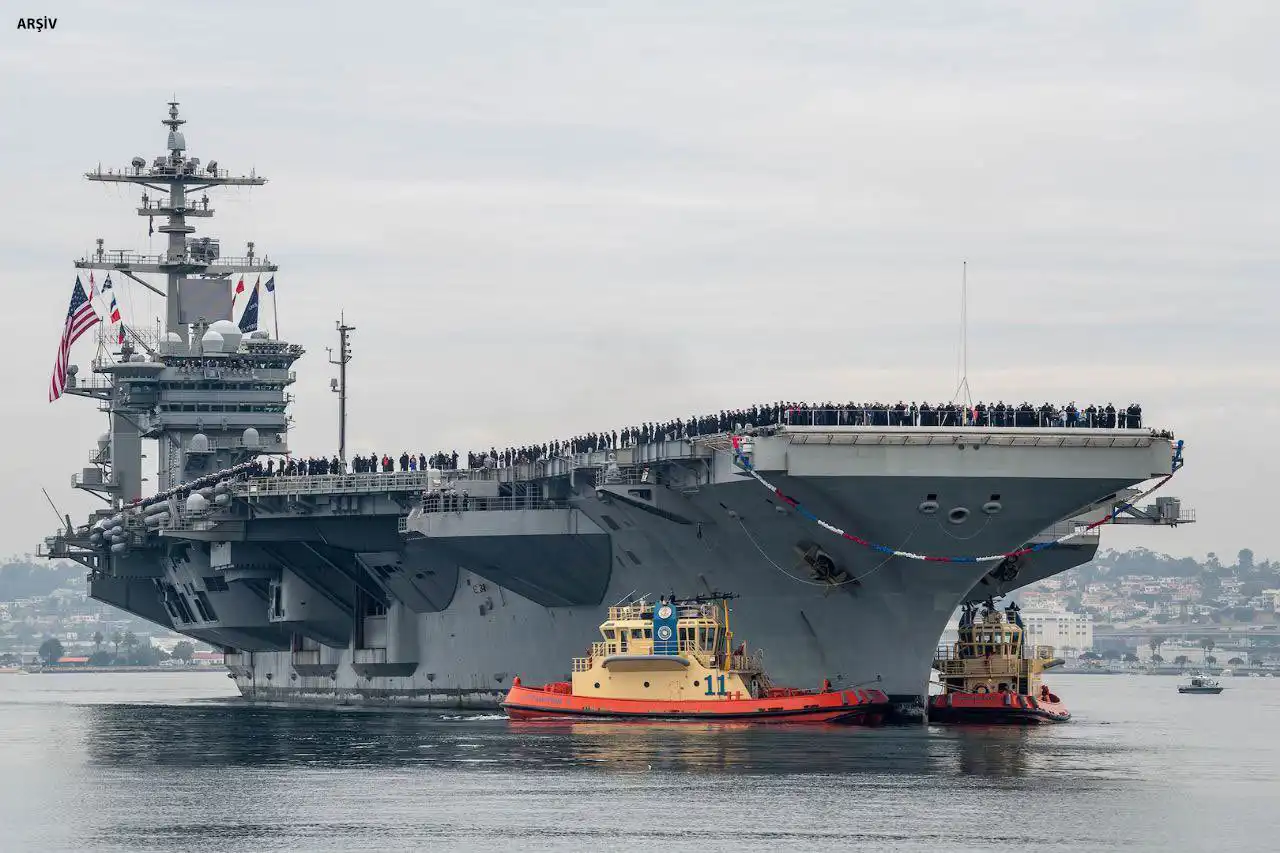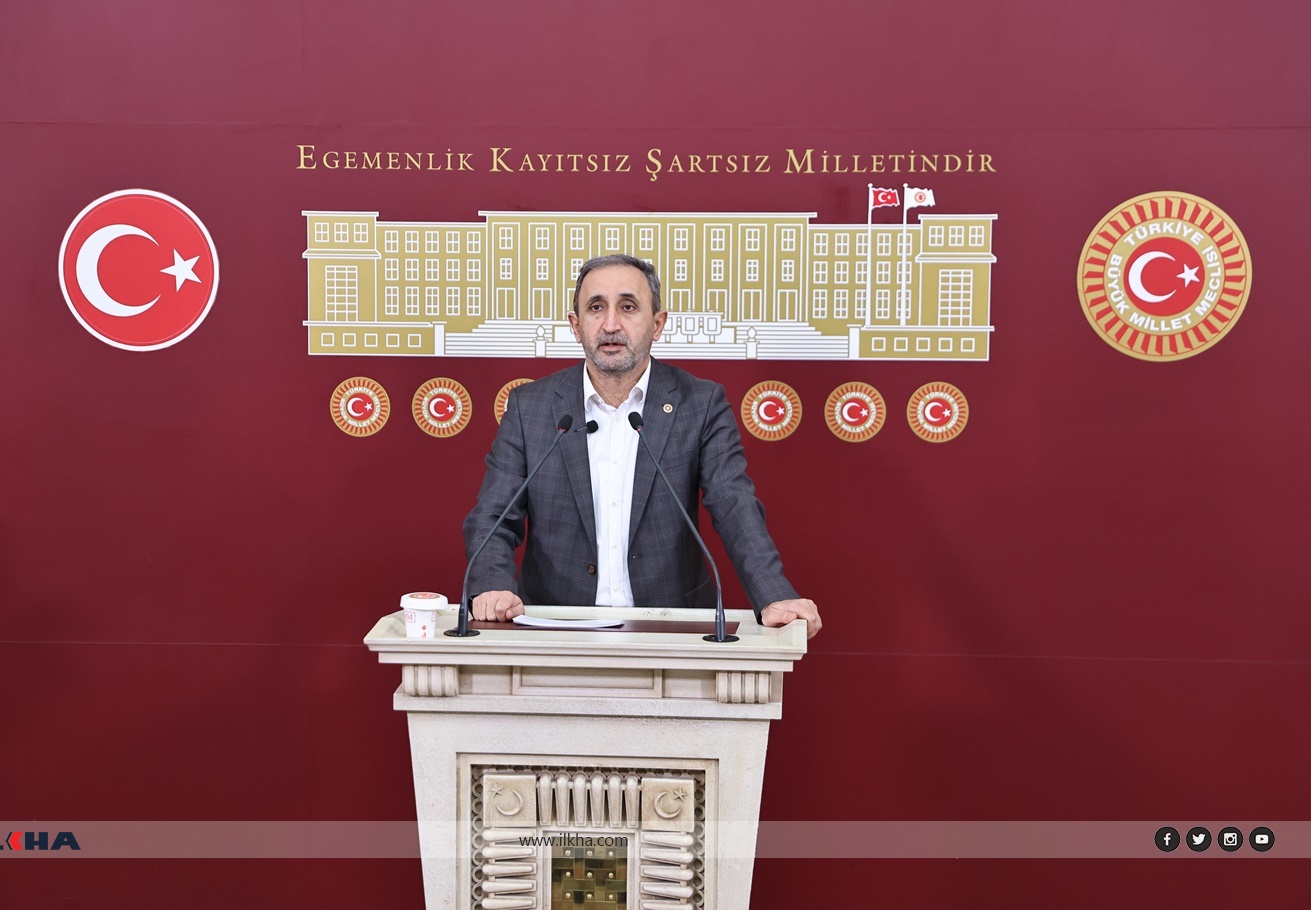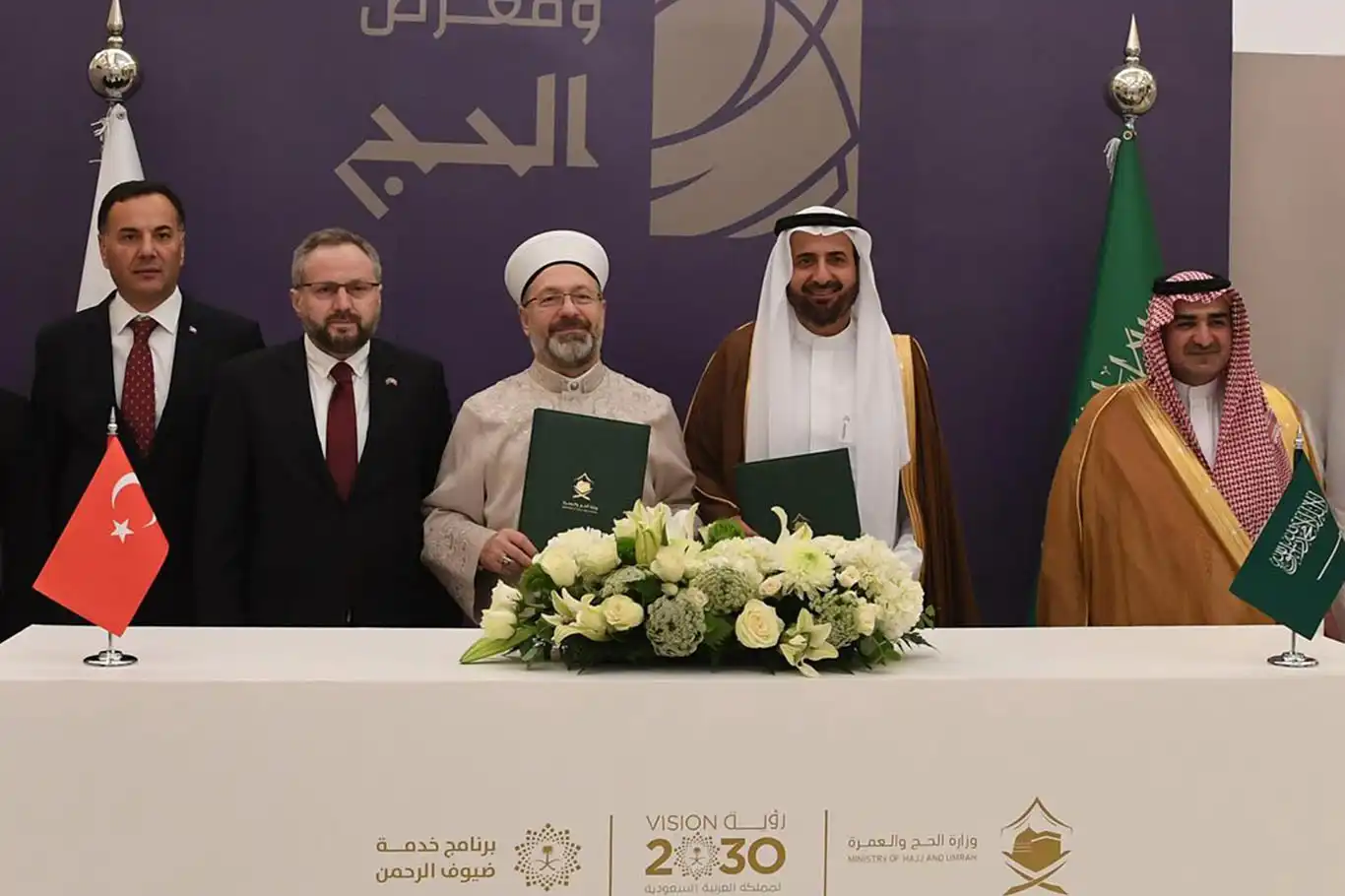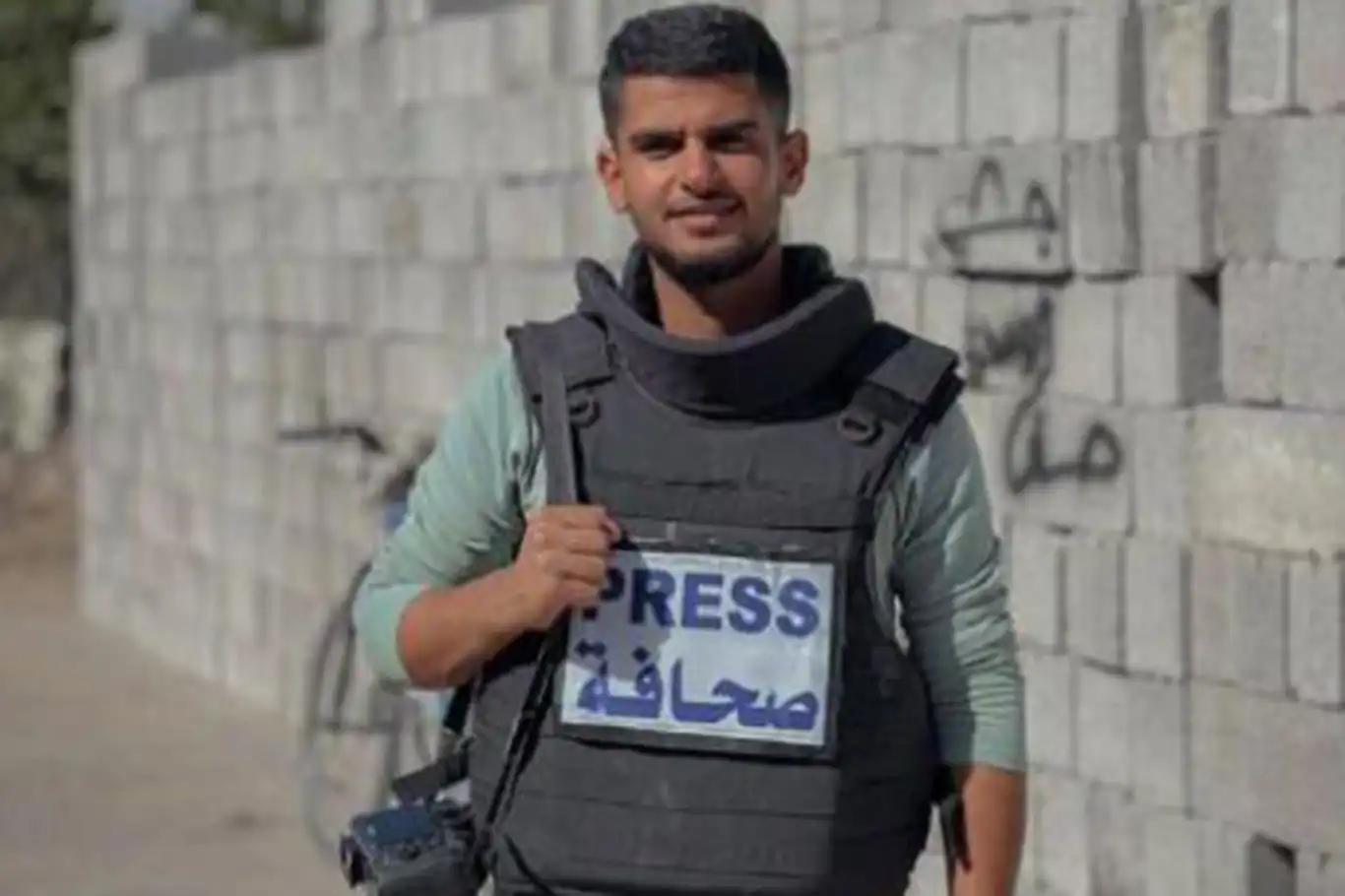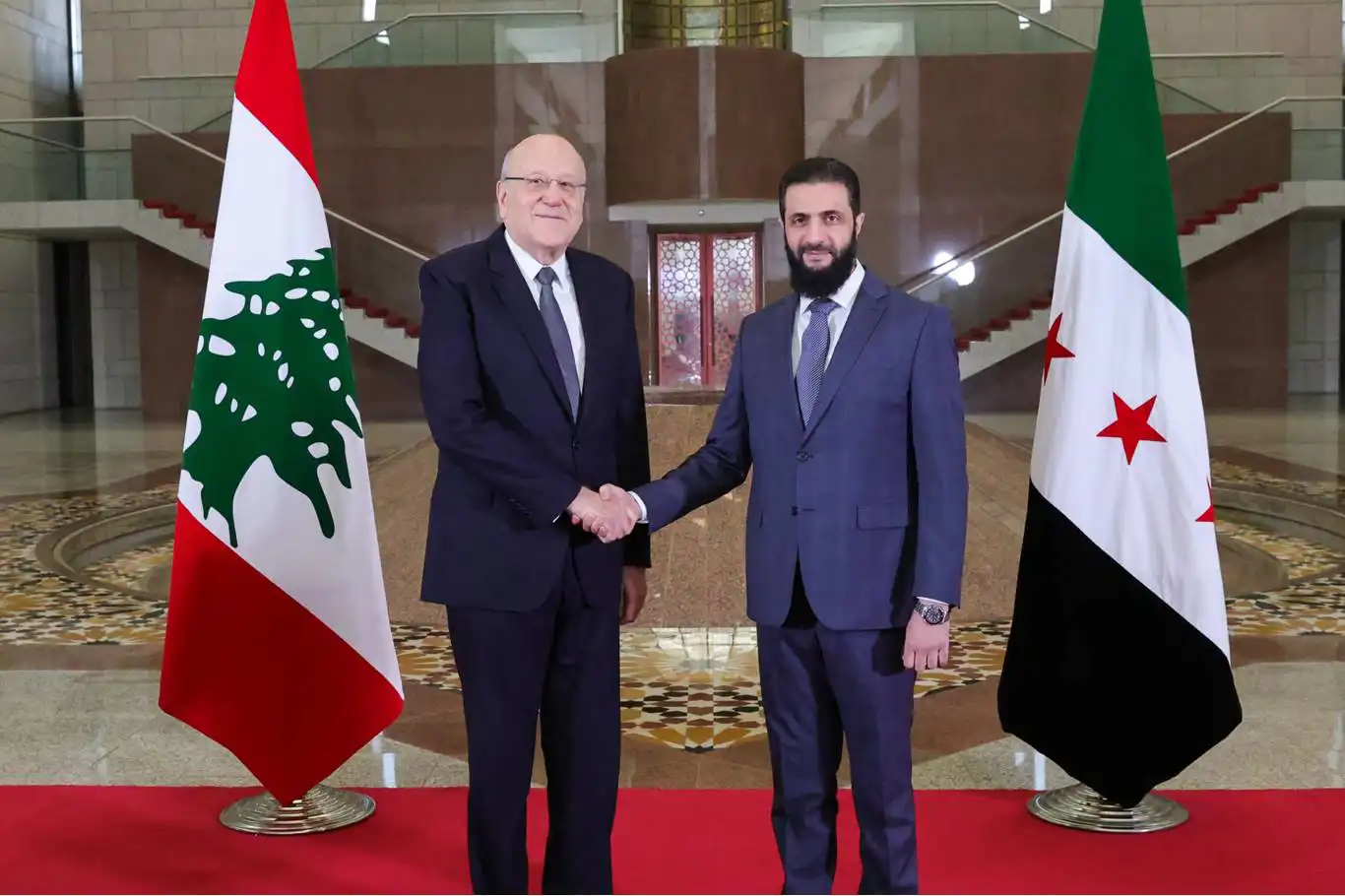UN Special Envoy lauds Riyadh meetings as key opportunity for Syria
United Nations Special Envoy to Syria, Geir Pedersen, has hailed the recent meetings in Riyadh as a significant step forward for Syria to reengage with the international community.
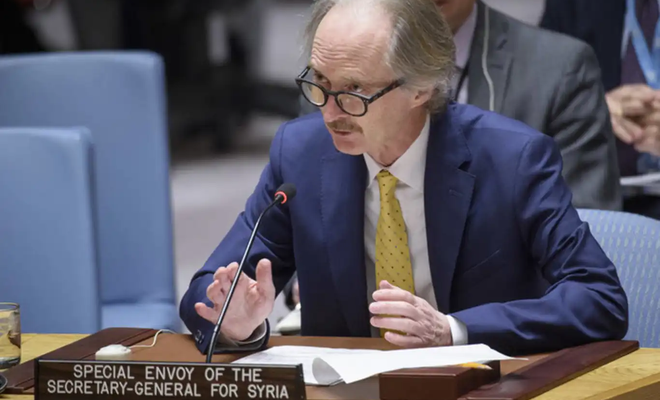
 Google News'te Doğruhaber'e abone olun.
Google News'te Doğruhaber'e abone olun. In an interview with Al Arabiya/Al Hadath, Pedersen highlighted the potential these discussions hold for advancing Syria's political and humanitarian landscape.
While acknowledging the interim Syrian caretaker government’s limited control over the country, Pedersen noted a relative stability in certain areas. He underscored the urgency of addressing ongoing challenges, particularly in northern Syria, where the situation remains precarious.
Pedersen hinted at potential adjustments to UN Security Council Resolution 2254 or the adoption of a new resolution to address the evolving realities on the ground. He also called for an end to Israeli interventions in Syrian territories, emphasizing the importance of respecting Syria's sovereignty and territorial integrity.
The envoy announced plans for a comprehensive national dialogue conference within the next three months, stressing its inclusivity of all segments of Syrian society. He revealed receiving UN assurances about the formation of a transitional governing body within the same timeframe. This body, he explained, would represent all components of Syrian society and could serve as a crucial step toward political stability.
Pedersen described international readiness to cooperate with Syria’s political transition, aligning with the outcomes of the Riyadh meetings. The Riyadh statement reaffirmed support for a political solution involving all Syrian forces, rooted in dialogue and the principles of sovereignty and territorial integrity.
The envoy projected that the Syrian election process could take four to five years to complete, marking a long-term commitment to rebuilding governance in the country. He expressed optimism that international sanctions on Syria might be lifted if the proposed measures and reforms are implemented successfully.
However, Pedersen highlighted the dire humanitarian crisis facing the country, with 17 million Syrians in need of aid. He emphasized the critical need for sustained international assistance to alleviate the suffering of the population.
The Riyadh meetings, according to Pedersen, represent a vital opportunity for Syria to chart a path toward political transition and reengagement with the global community. While challenges remain, the commitments to dialogue, inclusivity, and international cooperation could pave the way for a more stable and prosperous future for Syria. (ILKHA)




























